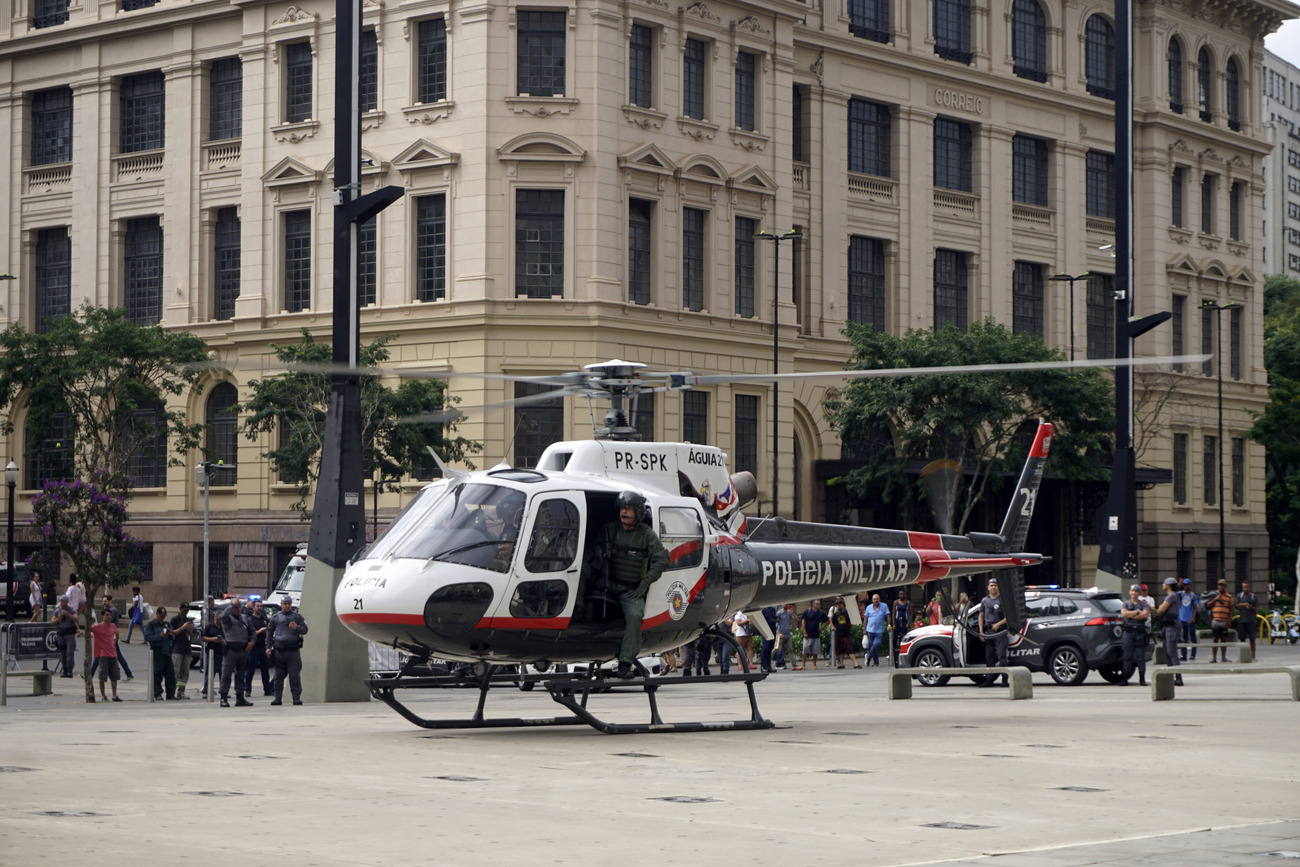Building Brazil's Defense
Building Brazil's Defense
Brazil intends to hike its 2008 military budget to strengthen its defense industry, but some worry about a regional arms race. The new issue of Americas Quarterly examines security in Latin America.
On the heels of an announcement that President Lula Inácio da Silva’s administration intends to hike its military budget in 2008, Brazil unveiled plans to enhance its defense strategy. The proposal includes the purchase of 36 fighter jets, most likely from a European manufacturer, for $2.2 billion dollars, along with a transfer of military technology.
In late October, Brasilia revealed plans to increase defense spending by roughly 50 percent to more than $5 billion. The move followed the Lula administration’s creation of a National Defense Strategy Group with the goal of creating a defense development plan and driving up Brazilian exports of military equipment. Speaking at a ceremony to inaugurate the group, Lula drummed up support for the plan, emphasizing not only that Brazil’s armed forces must recuperate power but also build knowledge of military technology.
Yet Brazil’s decision to increase its defense budget to the highest level since the end of military rule has raised eyebrows at the possibility of an arms race in the region. Neighboring Venezuela has drawn international attention with its purchase of $3 billion worth of Russian military equipment in 2006 as well as a 2007 deal to buy five submarines from Moscow. Brazilian ex-President Jose Sarney warned in Época of an arms buildup in South America, saying Venezuelan President Hugo Chavez’s military spending indicates intention to continue investing in weapons of war. Sarney will speak at AS/COA’s 7th Annual Latin America Conference on November 30.
However, Brazil’s Defense Minister Nelson Jobim stressed that Brazil has no plans to embark on an arms race and has good relations with the ten countries it borders. Law professor and Minister of Long-term Planning Roberto Mangabeira Unger pointed out that an improved defense strategy would serve as a cornerstone to secure Brazil’s borders from drug and weapons smuggling.








